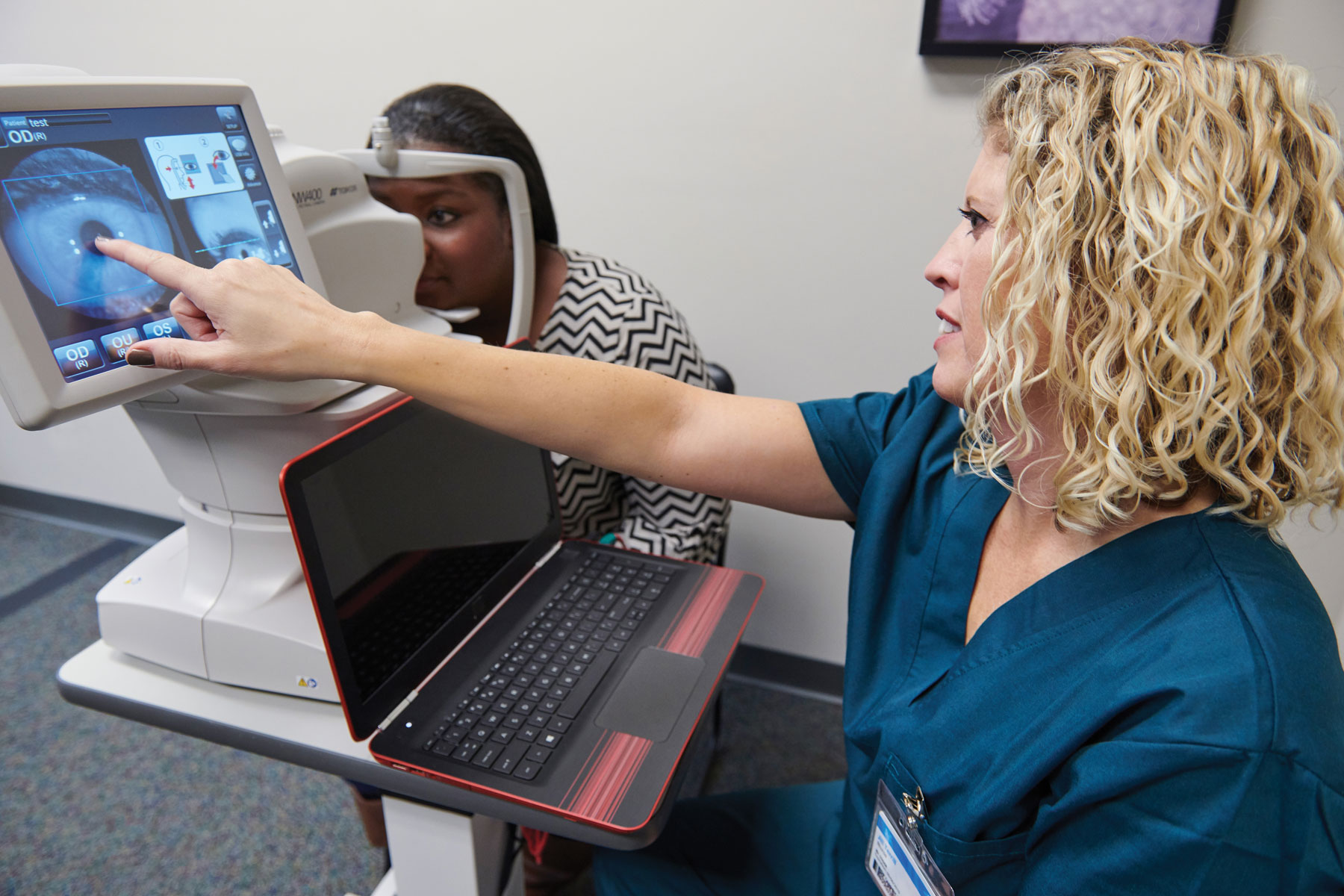

procedure in Evanston Hospital's cardiac cath lab. To date, a total of 27 patients with severe mitral regurgitation have been enrolled in the trial.
#IMAGECAST IDX UPDATE#
It is titled "Percutaneous Edge-to-Edge Mitral Valve Repair Using the Evalve Clip: Update on the EVEREST Phase I Clinical Trial." Results of the study, known as the Endovascular Valve Edge-to-Edge Repair Study (EVEREST I) trial, which used the company's MitraClip, were part of the Oral Contributions: Percutaneous Valve Procedures Session. With this device, we can provide a minimally invasive option for decreasing valve leakage without taking away the patient's ability to have surgical valve repair in the future, if it's needed," said principal investigator Ted Feldman, MD, director of the cardiac catheterization lab at Evanston Hospital (Evanston, Illinois), flagship of the Evanston Northwestern Healthcare system. "As we get more experience with this procedure, we're seeing that our ability to control the MR is increasing and the time it takes to accomplish the repair is decreasing. Mitral regurgitation is a debilitating condition that occurs when the mitral valve, which allows blood to move through the heart, fails to close properly. In addition, 75% of the patients who received the clip as part of a Phase I clinical trial are still surgery-free. ORLANDO, Florida – Companies continued to roll out a large array of new products at the American College of Cardiology's (ACC Bethesda, Maryland) annual meeting being held here this week.Įvalve (Redwood City, California) reported that when leaky mitral valves in patients' hearts were repaired non-surgically with a tiny, catheter-fed clip developed by the company, nearly all – more than 90% – of the patients whose mitral regurgitation (MR) was significantly reduced one month after receiving the clip maintained the reduction at six months.


 0 kommentar(er)
0 kommentar(er)
